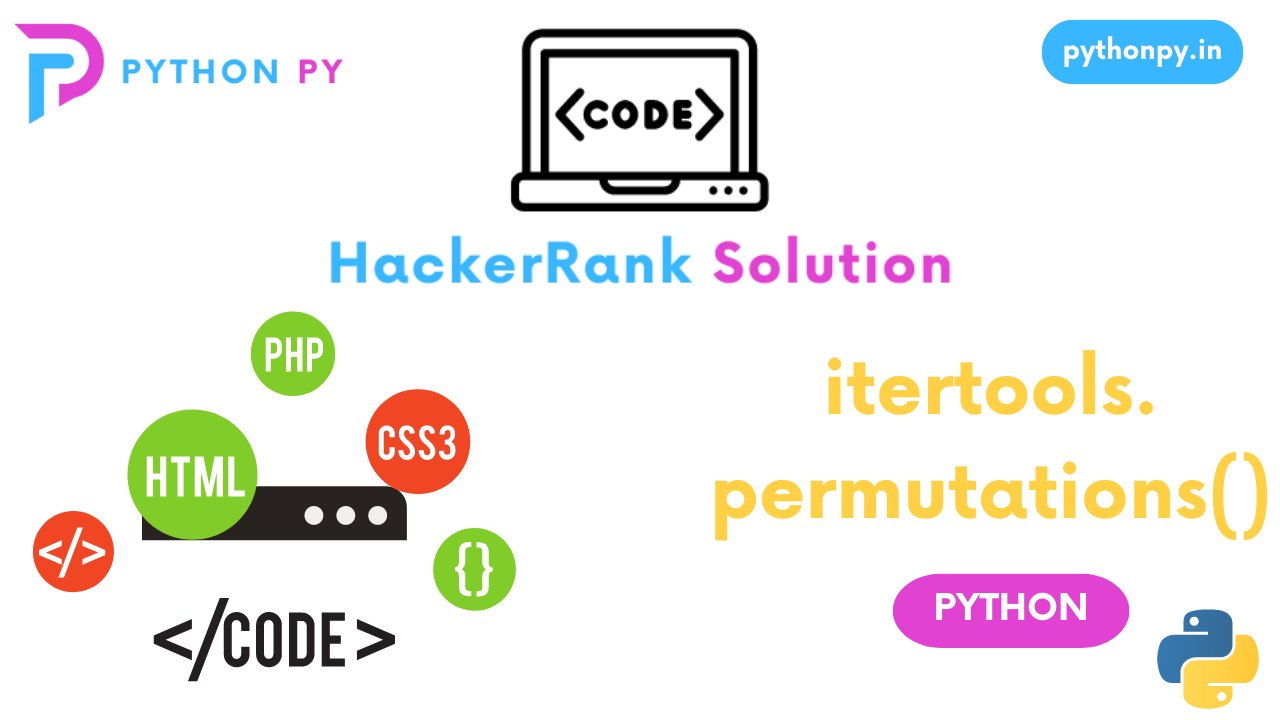Table of Contents
ToggleNote : If you directly copy – paste this solution , you may get any error.
Question 1
Write a Prolog program that takes in a sequence of integers as input and calculates the Average of all even numbers provided.
% Base case: When the list is empty, the average is 0. Average_even([], 0).
% Recursive case: When the list is not empty, check the first element.
% If it’s even, calculate the average of the rest of the list and add the first element to it.
% If it’s odd, ignore it and calculate the average of the rest of the list. Average_even([H|T], Avg) :-
0 is mod(H, 2), % Check if the number is even
Average_even(T, RestAvg),
Avg is (RestAvg * length(T) + H) / (length(T) + 1).
Average_even([H|T], Avg) :-
1 is mod(H, 2), % Check if the number is odd
Average_even(T, Avg).
Question 2
Write a Prolog program that takes a sequence of strings as input and returns the number of Strings starting with a vowel
% Base case: When the list is empty, the count is 0. Count_strings_starting_with_vowel([], 0).
% Recursive case: When the list is not empty, check the first element.
% If it starts with a vowel, increment the count and calculate the count in the rest of the list.
% If it doesn’t start with a vowel, calculate the count in the rest of the list. Count_strings_starting_with_vowel([H|T], Count) :-
String_chars(H, [FirstChar|_]), % Extract the first character of the string Member(FirstChar, [‘a’, ‘e’, ‘I’, ‘o’, ‘u’]), % Check if the first character is a vowel
Count_strings_starting_with_vowel(T, RestCount),
Count is RestCount + 1.
Count_strings_starting_with_vowel([_|T], Count) :- Count_strings_starting_with_vowel(T, Count).
Question 3
Write a Prolog program that takes in a sequence of words as input and returns the length of The longest word in the sequence.
% Base case: When the list is empty, the length of the longest word is 0. Longest_word_length([], 0).
% Recursive case: When the list is not empty, check the length of the first word.
% Calculate the length of the longest word in the rest of the list,
% and compare it with the length of the first word to determine the overall longest word length. Longest_word_length([H|T], Length) :-
Atom_length(H, WordLength), % Calculate the length of the first word
Longest_word_length(T, RestLength),
Length is max(WordLength, RestLength).
If you find anything wrong in this Solution, feel free to reach us in the comment section.
















